Why do we eat food? To fill our stomach and satisfy the hunger, to satisfy our taste buds and to get essential nutrients from the food that are very important for our overall growth and body functions. But what if you don’t get the nutrients of the food despite stuffing your stomach three to four times a day. Or, what if your body is unable to absorb the nutrients that enter your body when you eat your food? After eating your food, you can have one of the two expressions: “Oh! How tasty” or “Oh! How nutritional”. It is the second expression that explains your concerns about your health.
You become what you eat but what if you are unable to absorb the nutrients despite eating a healthy diet? When we eat our food, it is broken into small molecules so that it can be absorbed easily. This is how our body absorbs nutrients. But this system faces complications a lot of times. This might be due to problems related to the digestive system. There are several enzymes in our digestive system that help in breaking down the food molecules to absorb several nutrients such as proteins, carbohydrates, fats and fibers. But this process may get affected due to lack of these enzymes or other problems such as indigestion.
So, what is the trick to make your nutrient absorption process stronger? Well, there is not one but many ways to make maximum of the food that you eat.
Consume Healthy Fats
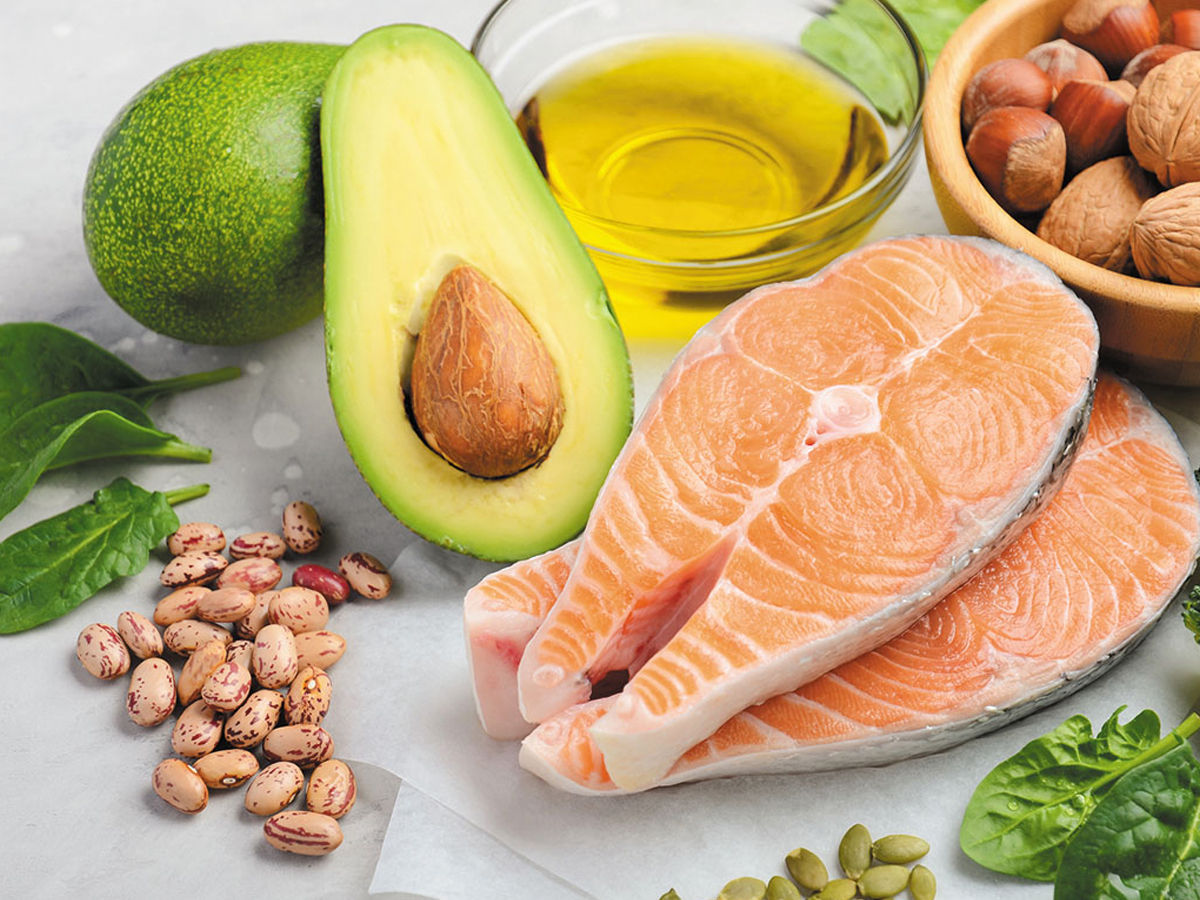
One general perception is that fats are unhealthy for our body. However, there are different kinds of fats that can be classified into healthy fats and unhealthy fats. They are also known as saturated fats and unsaturated fats. Nuts, flax seeds, avocados and salads are some of the rich sources of healthy fats. Healthy fats are essential for efficient absorptions of Vitamins such as Vitamin A, D, E and K.
Variety Over Quantity
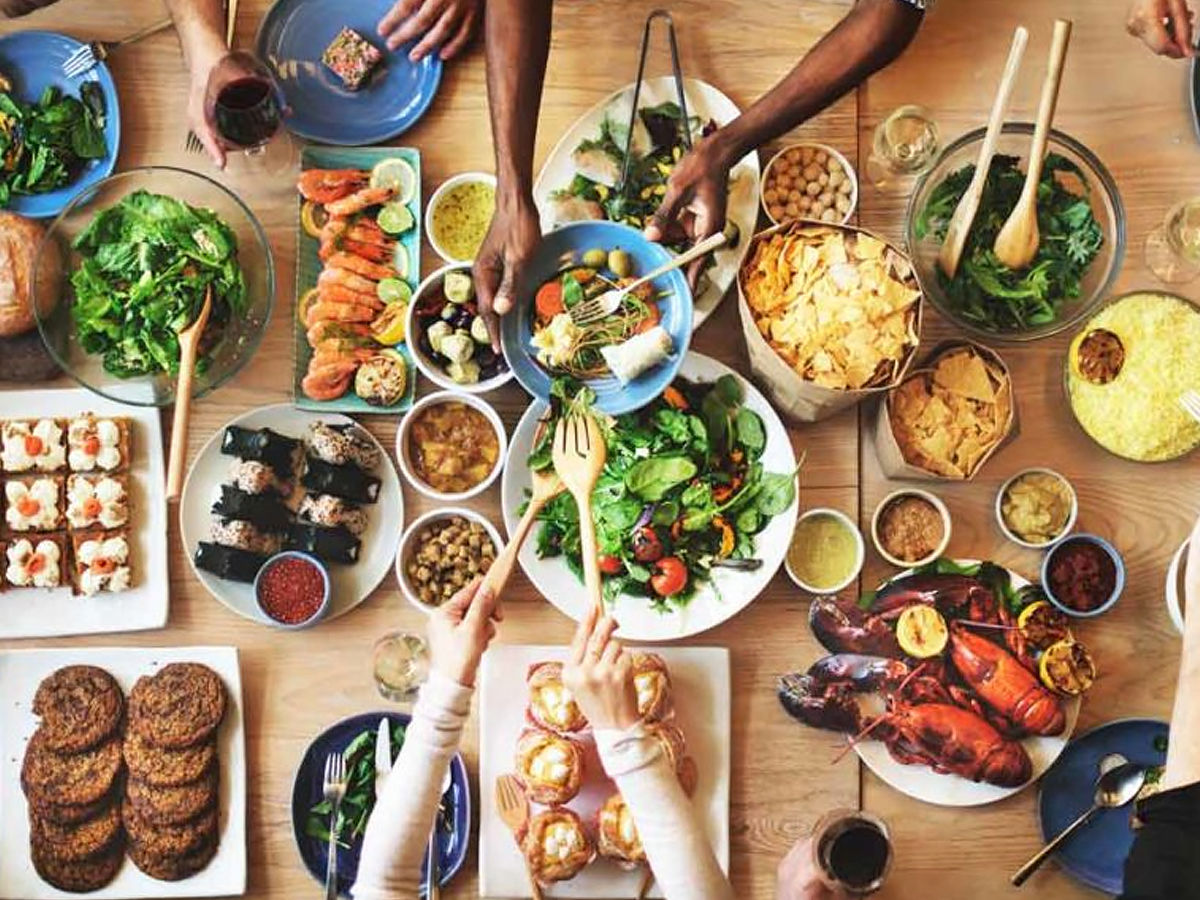
Eating just one kind of food is not sufficient to fulfil your nutrient requirements. Different foods contain different nutrients and eating just one of two kinds of foods can’t fulfil the nutrient requirements of your body. For instance, your food should have a variety of items such as salads, vegetables, pulses, yoghurt, rice and slices of bread. This ensures that you get all the necessary nutrients in a single meal. Developing this habit can help you in getting most of the nutrients from your diet.
Also Read, 8 Alternatives of Sugar To Keep You Healthy
Consuming Vitamin-C and Iron-rich foods together
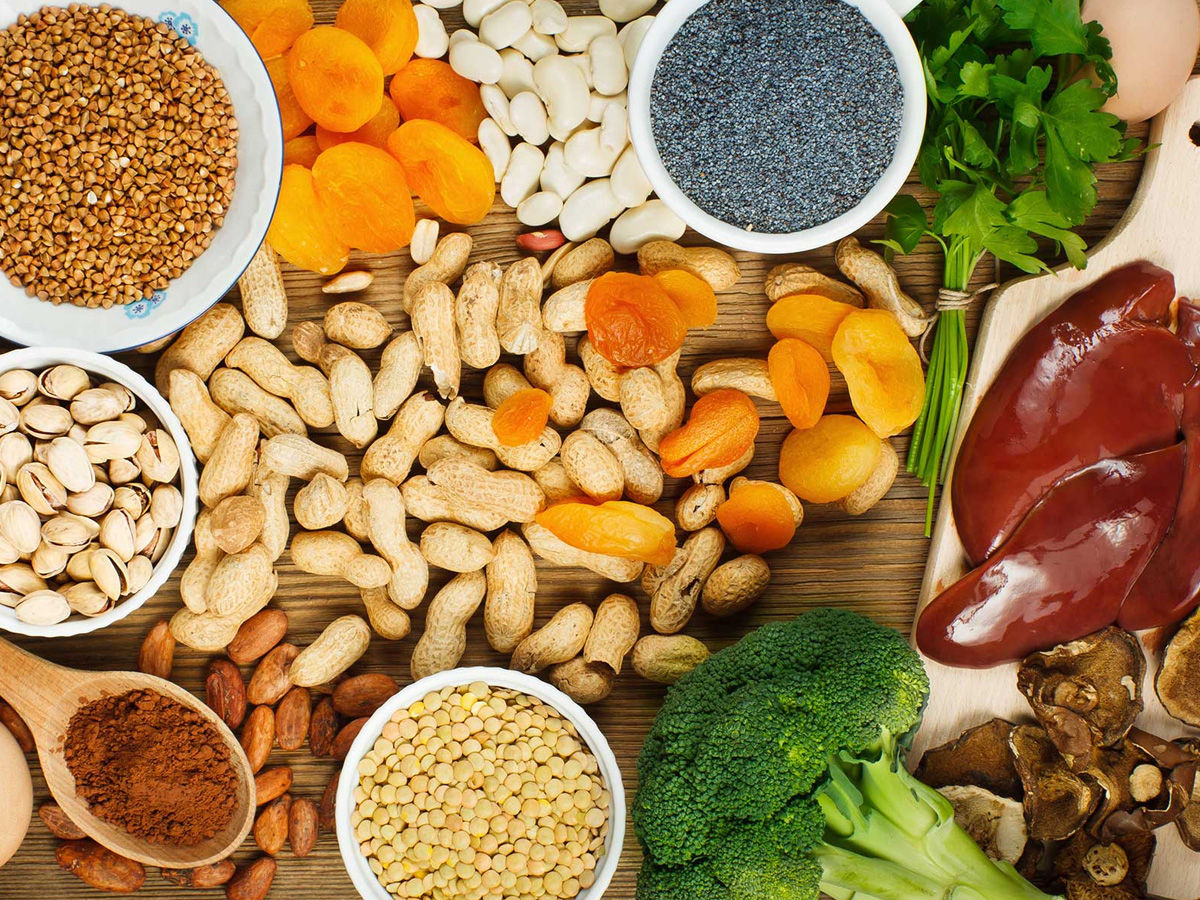
Iron is an important requirement of our diet. Plant-based iron sources like legumes and tofu contain nonheme iron. Pairing this with Vitamin-C rich foods helps in converting nonheme iron into a bioavailable form of iron. Oranges, lemons, capsicums, chilli, sprouts and cauliflower are rich sources of Vitamin C. These items also contain rich amounts of antioxidants. Consuming iron-rich foods with Vitamin C helps in better absorption of iron.
Avoiding Tea In Between Meals

If you are habitual of consuming beverages in between meals, this is not a healthy practice. Tea prevents you against some chronic diseases and also takes away tiredness. However, drinking tea or coffee in between your meals might affect the nutrient absorption process. Saying no to tea or coffee in between meals can improve the nutrient absorption process significantly.
Say No To Caffeine and Alcohol
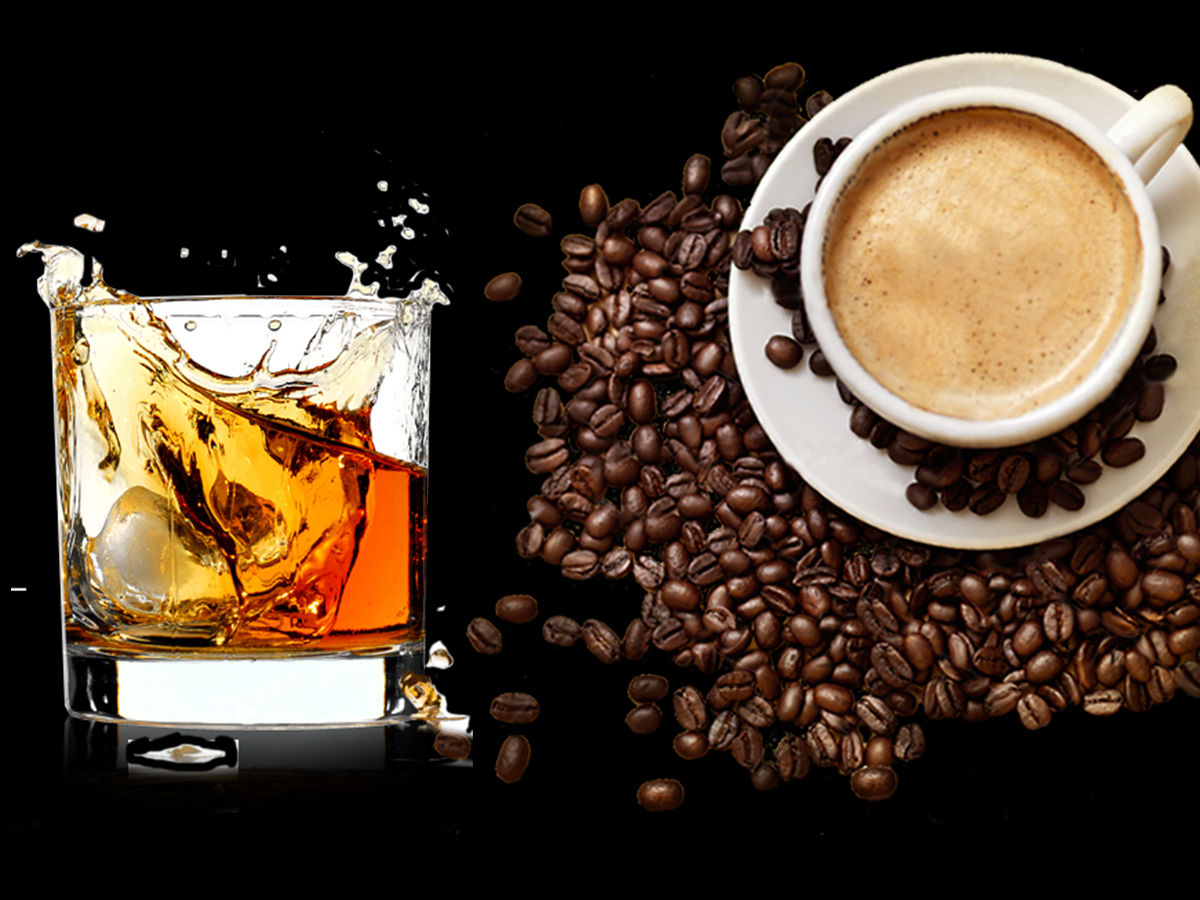
The disadvantages of alcohol are not hidden from anyone. Alcohol affects the digestive enzymes in your digestive system. The count of digestive enzymes is decreased due to alcohol. Caffeine causes similar effects. Alcohol consumption also damages cell linings of the stomach and intestines. This acts as a roadblock in the way of nutrients trying to enter the bloodstream. Replacing caffeine and alcohol with fruits and vegetables can do wonder for you.
Keep Yourself Hydrated
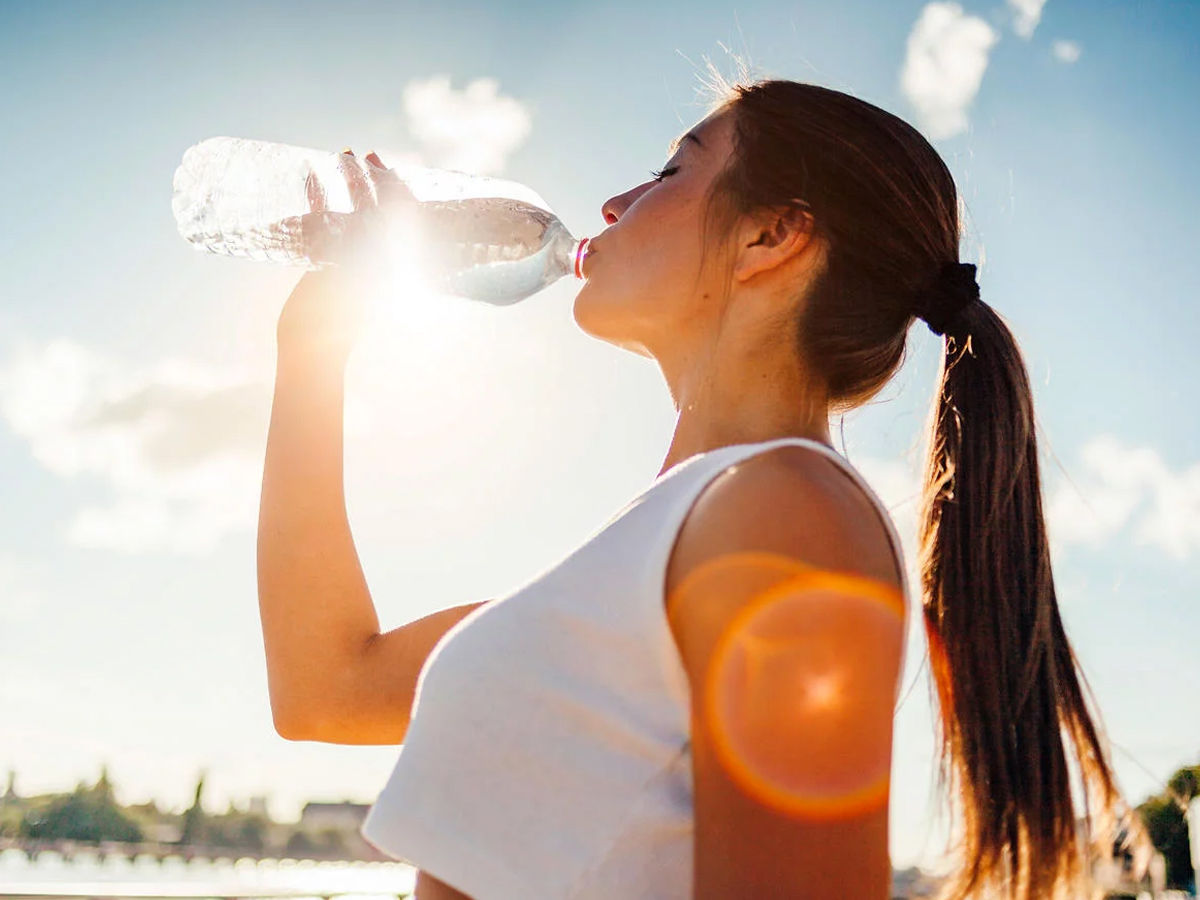
Water is one of the most important elements on the planet and it is also one of the most important elements for your body. Water not only helps in better digestion but also prevents your digestive enzymes from declining. When your body remains hydrated, the digestive system works perfectly and the breaking down of food molecules also becomes easier. Drinking water has several other benefits that include better transportation of food molecules into the bloodstream.
























